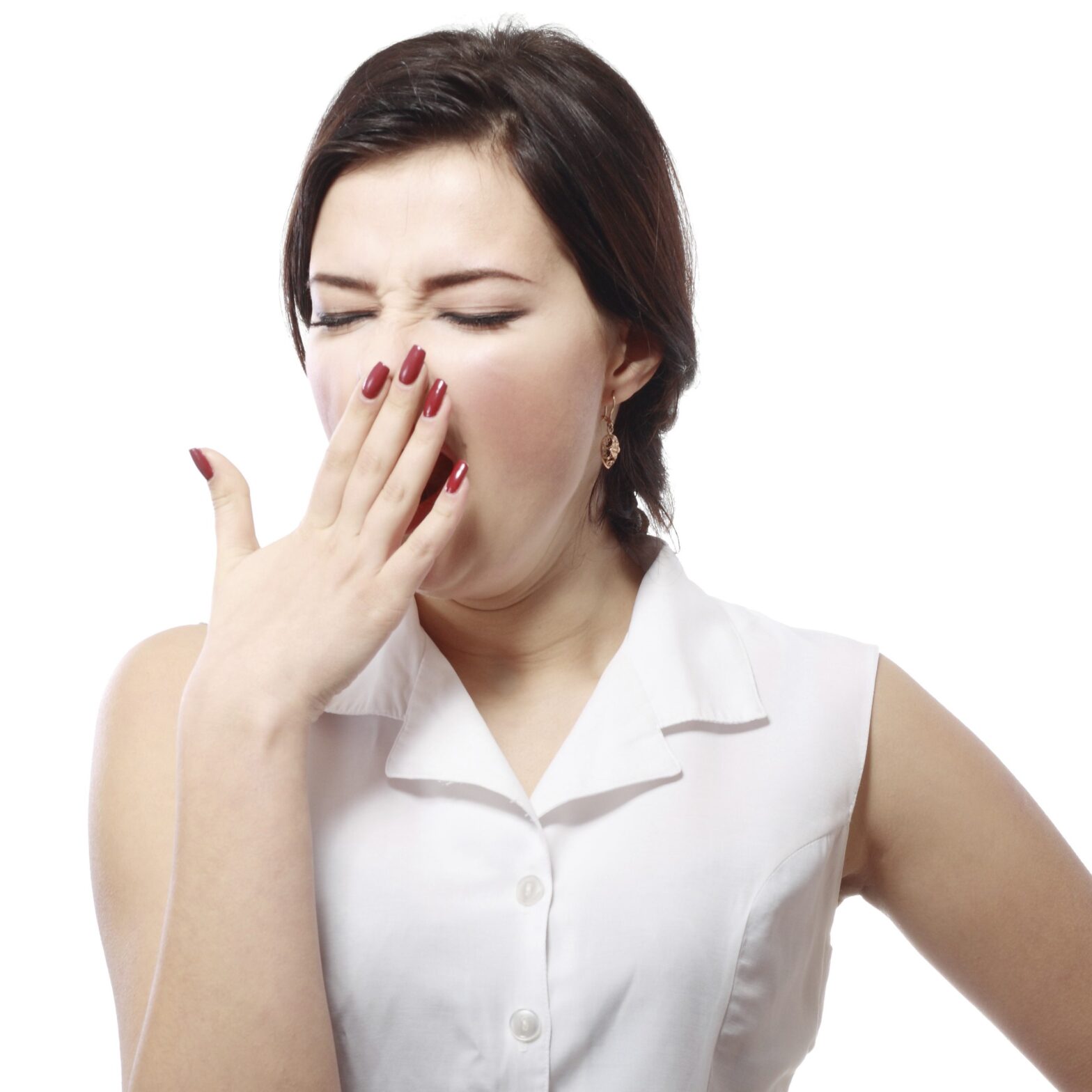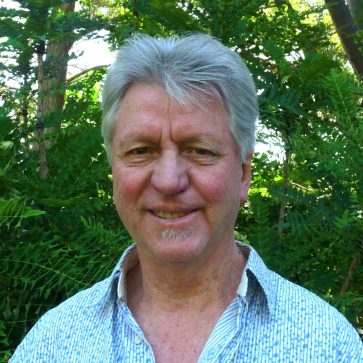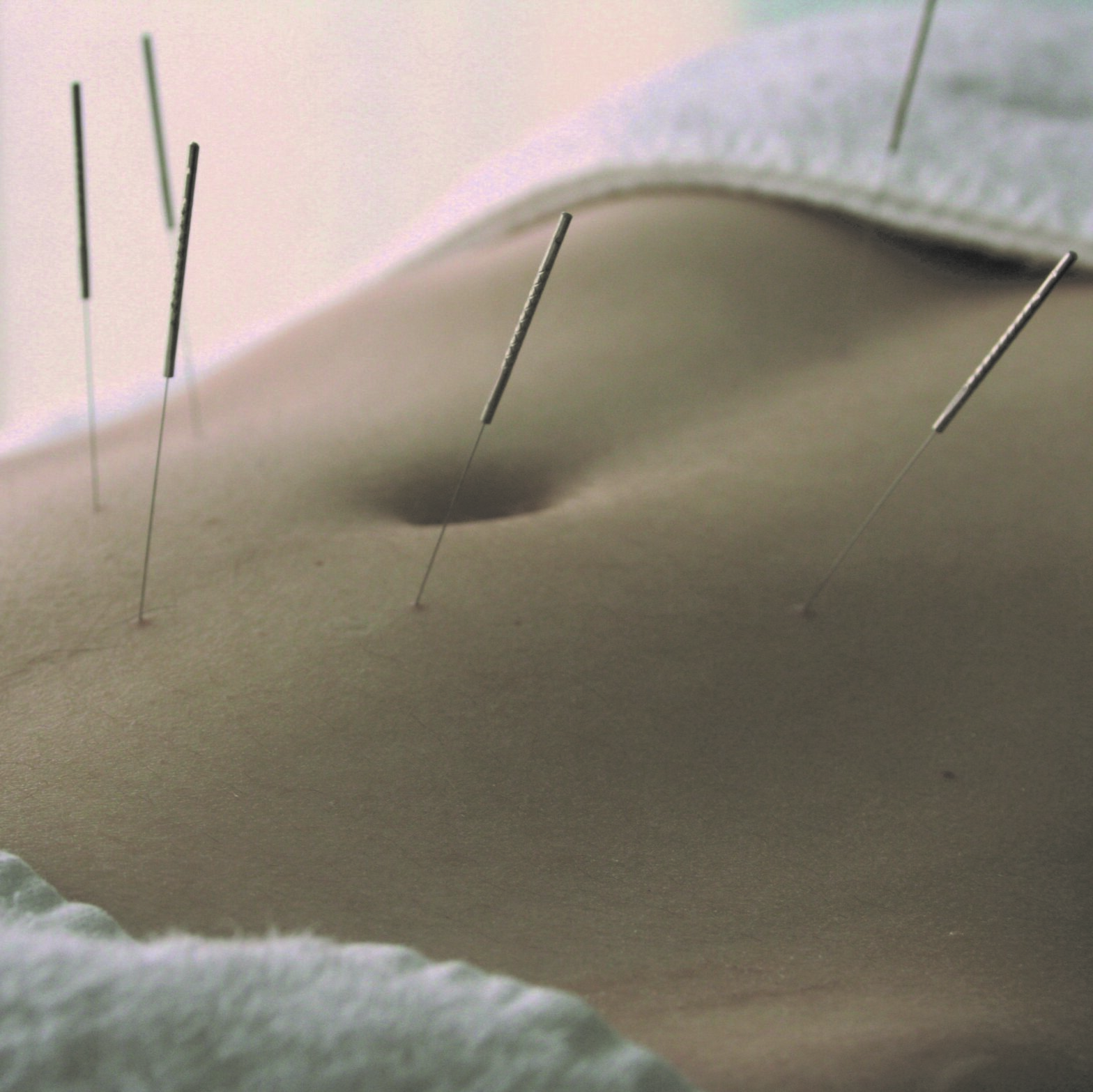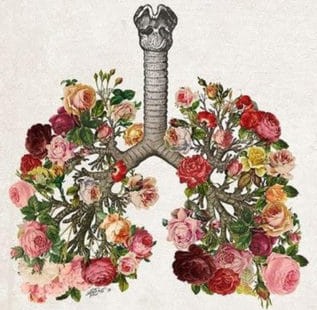Everybody gets a little tired occasionally, but it definitely shouldn’t be a habit. For some people fatigue can be so intense and relentless that just getting out of bed in the morning can become a serious challenge. For anyone experiencing regular fatigue but without other debilitating body dysfunction, it may well be a matter of finding the right habit of exercise. Your Chinese Medicine doctor will certainly want to know how you are using your body and is very likely to recommend an exercise regime. But for those with serious Chronic Fatigue, the pathway to recovery is far more complex.
Chinese Medicine (CM) has long recognised a pattern of disease known as Shao Yang syndrome, which arises as a result of pathogenic invasion. The modern syndrome of ‘Chronic Fatigue’ often coincides with Shao Yang disease. CM has an elaborate system of diagnostic analysis that takes into account the specific symptoms and body signs that any one person presents before initiating an individualised treatment strategy.
The full range of Chinese Medicine skills including acupuncture, acupressure and Chinese herbal medicine offer a reputable treatment option for the management of fatigue.
~ ~ ~ ~ ~
Cancer related Fatigue: Level Two – Evidence of Potential Positive Effect
Conditions with Level Two evidence have good support of efficacy, but require further research.
Chronic Fatigue Syndrome: Level Three – Weak or Unclear Evidence of Efficacy
Exercise Performance & Post-Exercise Recovery: Level Three – Weak or Unclear Evidence of Efficacy
Level Three evidence applies to conditions that have not yet shown clear, consistent results. Keep in mind that any single study demonstrating a positive effect is insufficient; it is only after a series of consistent studies that science will draw a positive conclusion. And please also keep in mind that ‘lack of evidence of efficacy’ is not the same thing as ‘evidence of lack of efficacy’!
~ ~ ~ ~ ~
References
Del Pino-Sedeno T, Trujillo-Martin MM, Ruiz-Irastorza G, Cuellar-Pompa L, de Pascual-Medina AM, Serrano-Aguilar P. Effectiveness of Nonpharmacologic Interventions for Decreasing Fatigue in Adults With Systemic Lupus Erythematosus: A Systematic Review. Arthritis care & Research. 2016 Jan;68(1):141-8.
Finnegan-John J, Molassiotis A, Richardson A, Ream E. A systematic review of complementary and alternative medicine interventions for the management of cancer-related fatigue. Integrative Cancer Therapies. 2013 Jul;12(4):276-90.
Kim JE, Seo BK, Choi JB, Kim HJ, Kim TH, Lee MH, et al. Acupuncture for chronic fatigue syndrome and idiopathic chronic fatigue: a multicenter, nonblinded, randomized controlled trial. Trials. 2015;16:314.
Ling WM, Lui LY, So WK, Chan K. Effects of acupuncture and acupressure on cancer-related fatigue: a systematic review. Oncology Nursing Forum. 2014 Nov 1;41(6):581-92.
Posadzki P, Moon TW, Choi TY, Park TY, Lee MS, Ernst E. Acupuncture for cancer-related fatigue: a systematic review of randomized clinical trials. Supportive Care in Cancer: Official Journal of the Multinational Association of Supportive Care in Cancer. 2013 Jul;21(7):2067-73.
Zeng Y, Luo T, Finnegan-John J, Cheng AS. Meta-Analysis of Randomized Controlled Trials of Acupuncture for Cancer-Related Fatigue. Integrative Cancer Therapies. 2014 May;13(3):193-200.










